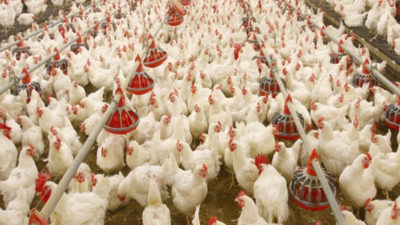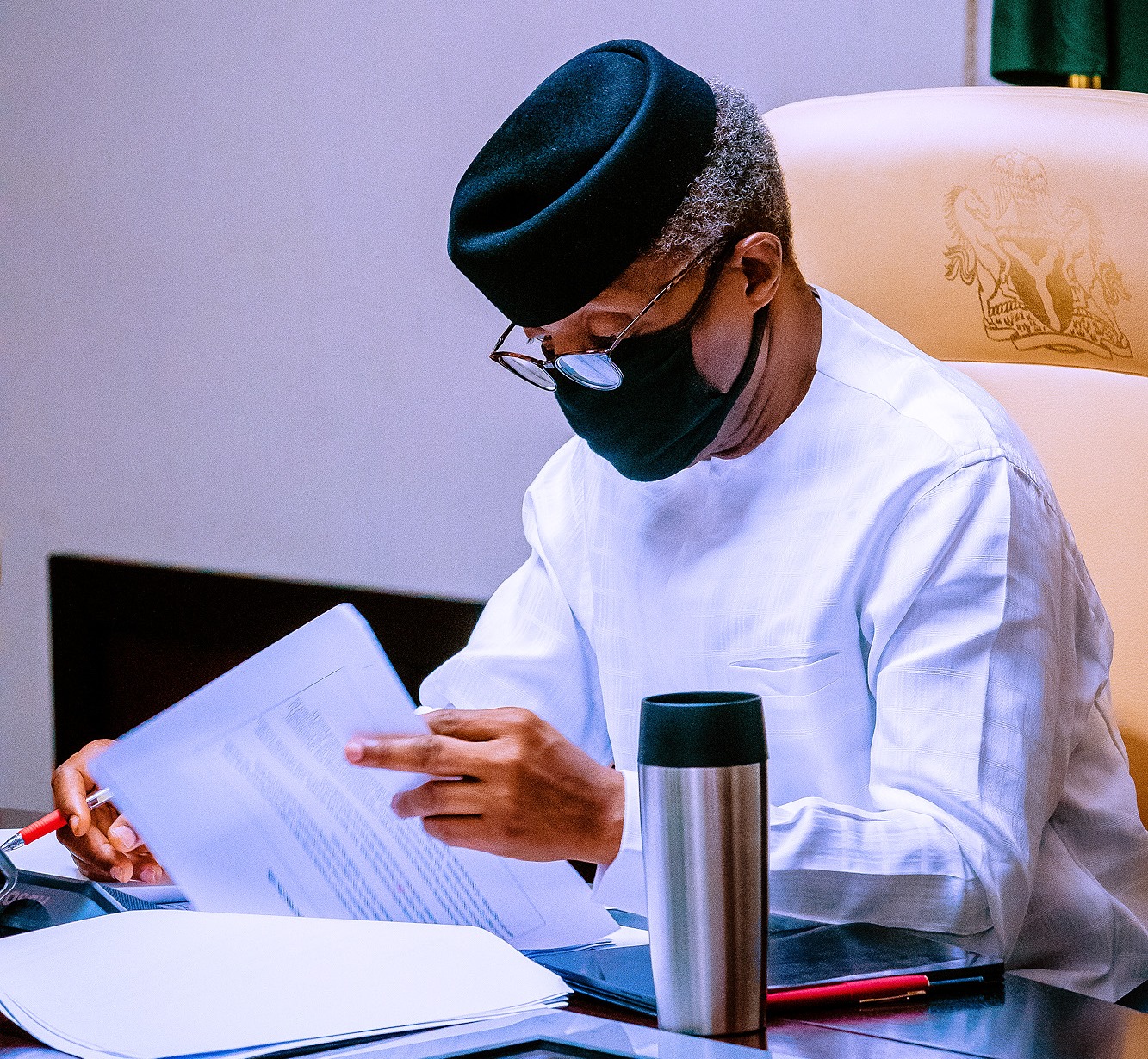Nigeria and Iraq have commended the Organisation of Petroleum Exporting Countries (OPEC) and its allies, OPEC+, for gradually raising oil production enough to balance the market.
Both countries insisted that there was no need for OPEC to be more aggressive, despite crude oil surge this year to almost $100 a barrel.
The 23-nation alliance, led by Saudi Arabia and Russia, would meet on March 2 to decide the next line of action in terms of the amount of oil it expected members to pump in April.
Bloomberg quoted Nigeria’s Minister of State for Petroleum Resources, Timipre Sylva, as maintaining that the international cartel would not need to take any unplanned barrels to the market, stressing that the current plan perfectly serves the market as it is.
Sylva told reporters at an event in Doha, Qatar, according to Bloomberg, “We won’t do anything extraordinary at this time because we are expecting a lot of production from outside of OPEC+.”
He added, “There’s no need at all to bring on more barrels than the current plan. We are expecting more production if a nuclear deal with Iran works out (since) there will be production from them.”
Several of OPEC+’s biggest producers want to continue to add 400,000 barrels a day of crude to the market each month, Bloomberg reported.
In addition, Iraq’s Ihsan Jabbar said OPEC and its partners would make their decision for April at the March meeting, after reviewing fresh data on supply and demand.
The comments came even as Brent crude rose 2.3 per cent to $97.60 a barrel, extending this year’s jump to 26 per cent.
Tuesday’s gain occurred after Russian President Vladimir Putin announced he was recognising two self-proclaimed separatist republics in Ukraine.
Iraq’s energy minister, Jabbar, said OPEC was factoring in growth in output from non-OPEC+ members, such as Brazil and Canada, and did not want to see any increase in commercially-stored oil around the world.
“The market will have more and more oil so we think there’s no need” to deviate from today’s strategy, Jabbar said in an interview in Qatar, where he was attending a natural gas conference, together with Sylva and others.
“We will not create any growth to the commercial storage. We will secure all the demand by making the required supply,” he added.













